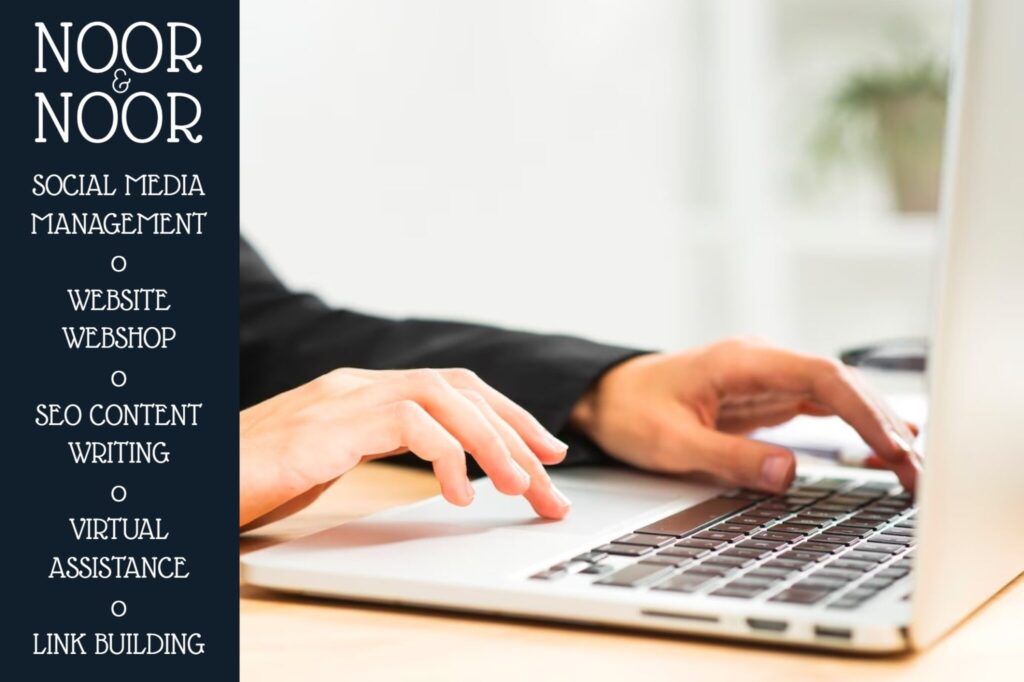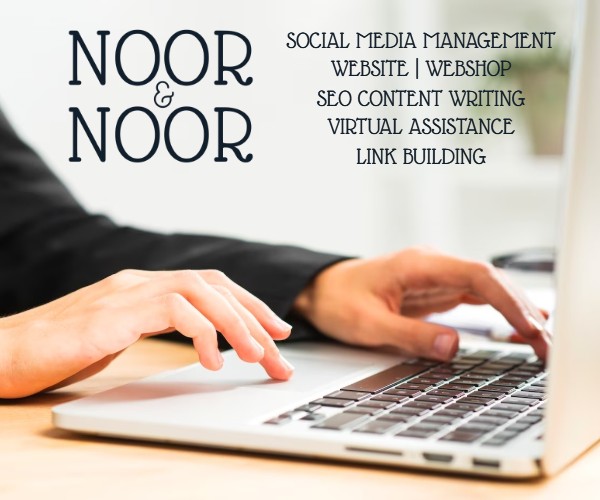Over the past decade, Morocco has undergone a significant cultural transformation driven by the rapid rise of digital technology. This revolution has reshaped the way Moroccans communicate, access information, and express their creativity. The effects are visible in every aspect of society, from education to entertainment, and they reflect a broader global trend toward digitization. Below, we delve into the factors contributing to this shift and share a personal testimony that highlights its profound impact.
The Rise of Digital Infrastructure
Morocco’s commitment to advancing its digital infrastructure has been a cornerstone of this transformation. The expansion of high-speed internet, coupled with widespread smartphone penetration, has connected millions of Moroccans to the global digital economy.
Government initiatives such as “Maroc Digital 2020” have focused on fostering innovation, supporting startups, and integrating technology into public services. These efforts have not only bridged the digital divide but also opened up new avenues for cultural exchange and economic growth.
Impact on Traditional Culture
While the digital age has introduced modern influences, it has also provided tools to preserve and celebrate Morocco’s rich cultural heritage. Platforms like YouTube and Instagram have become virtual stages for artisans, musicians, and storytellers to share their crafts with the world. Virtual tours of historical sites, such as the medinas of Fes and Marrakech, have brought Moroccan culture to international audiences while fostering a sense of pride among locals.
At the same time, the influx of global content has spurred debates about cultural identity. Traditional values and modern lifestyles often intersect in ways that challenge societal norms, sparking conversations about the balance between innovation and tradition.
A Testimony: Digital Storytelling in Action
Fatima, a 27-year-old filmmaker from Casablanca, embodies the transformative power of the digital revolution in Morocco. After graduating from film school, she struggled to find a platform to showcase her work. Traditional media outlets were dominated by established voices, leaving little room for emerging talent.
“I felt invisible,” Fatima recalls. “No matter how hard I worked, it seemed like my stories would never reach an audience.”
That changed when Fatima discovered social media. She began sharing short films and documentaries on platforms like Facebook and TikTok, focusing on issues such as women’s empowerment and environmental sustainability. Her raw, authentic storytelling resonated with audiences, quickly gaining traction.
“One of my first films, a documentary about the lives of female farmers in the Atlas Mountains, went viral,” she explains. “It was shared thousands of times, and I started receiving messages from people all over Morocco and even abroad. Some of them said it made them see these women in a new light.”
Fatima’s success didn’t stop there. International organizations took notice, inviting her to participate in global film festivals and workshops. Today, she uses her platform to mentor aspiring filmmakers, proving that digital tools can democratize access to opportunities that were once out of reach.
Challenges and Opportunities
Despite its many benefits, the digital revolution in Morocco is not without challenges. Issues such as cybersecurity, digital literacy, and unequal access to technology remain pressing concerns. Rural areas, in particular, lag behind urban centers in terms of connectivity and resources. Bridging this gap will be crucial to ensuring that all Moroccans can benefit from the digital age.
Nevertheless, the opportunities are immense. E-commerce is booming, with platforms like Jumia transforming how people shop. Online education is making learning more accessible, while telemedicine is revolutionizing healthcare delivery. The creative economy, bolstered by digital tools, is thriving, giving rise to a new generation of artists, designers, and entrepreneurs.
Building Business Partnerships Through Moroccan Cultural Events
In today’s interconnected world, businesses are constantly searching for innovative ways to establish trust, strengthen networks, and expand their reach....
Hiking Trails in the Middle Atlas Mountains
The Middle Atlas Mountains are often overshadowed by the High Atlas or the Rif, yet they hold some of Morocco’s...
From Passion to Profession: Turning Creative Skills into Income
In Morocco, more young people are transforming their creative talents into careers. Whether it’s photography, calligraphy, fashion design, or digital...
Young Moroccans Abroad: Balancing Wanderlust and Roots
For many young Moroccans, the dream of exploring the world is irresistible. Whether through study, work, or travel, living abroad...
Looking Ahead
As Morocco continues to embrace the digital revolution, the country stands at a crossroads. By investing in digital literacy programs, fostering innovation, and protecting cultural heritage, Morocco can harness the power of technology to build a more inclusive and dynamic cultural landscape.
Fatima’s story is just one example of how digital tools are empowering individuals to shape their own narratives and contribute to society in meaningful ways. As more Moroccans gain access to these tools, the possibilities for creativity, connection, and growth are boundless.
The digital revolution is not just about technology; it’s about transformation. In Morocco, it has sparked a cultural renaissance that bridges the past and the future, creating a vibrant and interconnected world where tradition and modernity coexist harmoniously.
















Discussion about this post